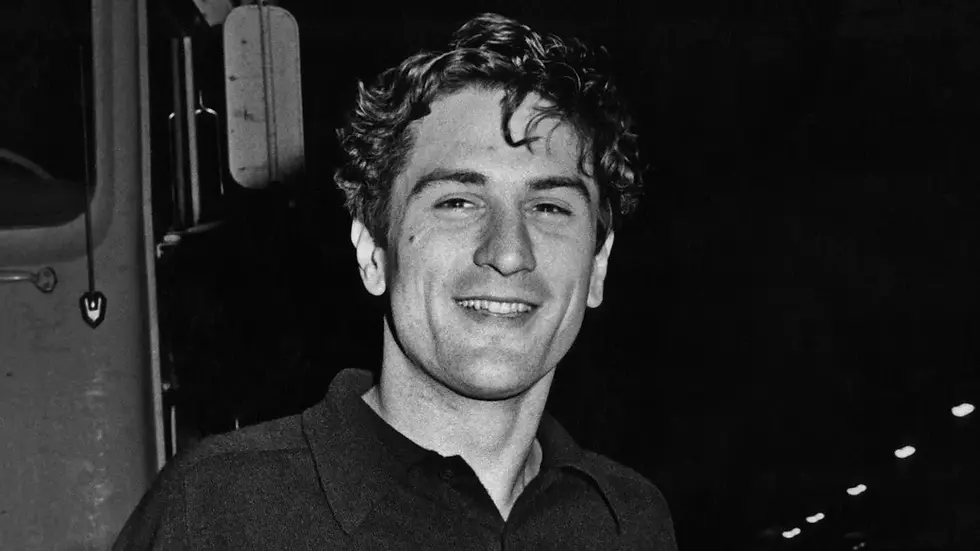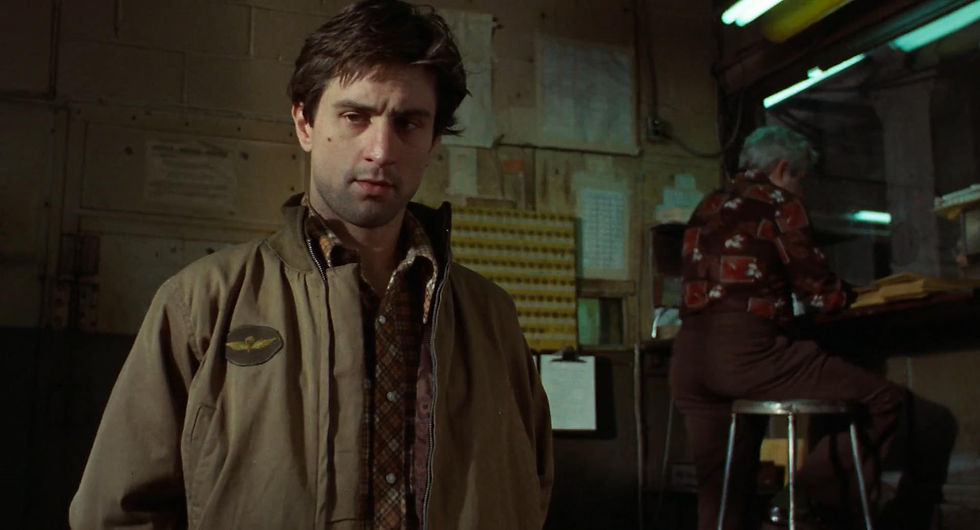Robert De Niro
- Soames Inscker

- Apr 30, 2025
- 5 min read

The Method Maestro of American Film
Introduction
Few actors have left as indelible a mark on film history as Robert De Niro. With a career spanning over five decades, De Niro is widely regarded as one of the greatest actors of all time. Known for his immersive commitment to roles, his collaborations with legendary directors like Martin Scorsese, and his ability to portray both terrifying criminals and emotionally fragile figures, De Niro has become a cornerstone of American cinema.
From the intense young Vito Corleone in The Godfather Part II to the delusional Travis Bickle in Taxi Driver, De Niro’s roles often explore the darker recesses of human psychology. Yet, his range also spans comedy, romance, and drama. Beyond acting, De Niro is also a director, producer, entrepreneur, and outspoken public figure.
Early Life and Background
Robert Anthony De Niro Jr. was born on August 17, 1943, in the Greenwich Village neighbourhood of Manhattan, New York City. His parents, Robert De Niro Sr. and Virginia Admiral, were artists and separated when he was just two. He was raised primarily by his mother in the Little Italy and Greenwich Village neighbourhoods, environments that would later influence many of his film roles.
Nicknamed "Bobby Milk" as a child for his pale complexion, De Niro was introverted and shy. He began acting at age 10, playing the Cowardly Lion in a school production of The Wizard of Oz. His talent led him to study at several prestigious institutions, including the High School of Music & Art, Stella Adler Conservatory, and Lee Strasberg’s Actors Studio, where he immersed himself in Method Acting.
Early Career and Breakthrough
De Niro’s film debut came in 1965 with The Wedding Party, directed by Brian De Palma, although it wasn’t released until 1969. Through the late 1960s and early ’70s, he appeared in low-budget films, slowly building a reputation.
His breakthrough came in 1973 with Bang the Drum Slowly, where he played a dying baseball player, followed by Mean Streets (1973), his first collaboration with Martin Scorsese. In Mean Streets, De Niro’s portrayal of the reckless Johnny Boy was electric, showcasing a blend of volatility and charisma that would define many of his roles.
The Scorsese-De Niro Partnership
De Niro's most iconic roles often came under the direction of Martin Scorsese. Their collaboration is one of the most important in film history, producing a series of ground breaking films:
Taxi Driver (1976) – As the disturbed Vietnam veteran Travis Bickle, De Niro gave one of the most chilling performances in cinema. His improvised line, “You talkin’ to me?”, became legendary.
Raging Bull (1980) – Portraying real-life boxer Jake LaMotta, De Niro gained 60 pounds to reflect LaMotta’s post-boxing years, winning his second Academy Award, this time for Best Actor.
Goodfellas (1990) – As gangster Jimmy Conway, he balanced menace with charm in a film considered one of the greatest crime movies ever made.
Casino (1995) – A spiritual companion to Goodfellas, this film explored the corrupt casino industry with De Niro as meticulous mobster Sam "Ace" Rothstein.
The Irishman (2019) – Reuniting with Scorsese, Al Pacino, and Joe Pesci, De Niro starred as hitman Frank Sheeran, reflecting on crime and mortality with a performance marked by quiet regret.
These films are more than collaborations; they are cultural landmarks that examine violence, identity, masculinity, and the American dream.
Oscar-Winning Performances and Awards
Robert De Niro is a two-time Academy Award winner:
Best Supporting Actor – The Godfather Part II (1974): De Niro portrayed the young Vito Corleone, originally played by Marlon Brando. He famously learned Sicilian dialect for the role.
Best Actor – Raging Bull (1980): His transformative performance, both physically and emotionally, is frequently cited as one of the greatest in film history.
He has received nine Oscar nominations, and in 2009, he was awarded the Kennedy Centre Honours. In 2016, De Niro was given the Presidential Medal of Freedom by President Barack Obama for his contributions to American culture.
Expanding His Range: Comedy and Drama
De Niro surprised audiences in the late 1990s and 2000s by showcasing his comedic abilities:
Midnight Run (1988) – An action-comedy where he played a gruff bounty hunter opposite Charles Grodin.
Analyze This (1999) and Analyze That (2002) – As a mob boss in therapy, De Niro parodied his gangster persona.
Meet the Parents (2000) and its sequels – His role as the intimidating father-in-law Jack Byrnes introduced him to a new generation.
Despite these lighter roles, he continued taking on serious characters in films like:
Ronin (1998)
Heat (1995) – A legendary showdown with Al Pacino.
Silver Linings Playbook (2012) – Earning an Oscar nomination as a father struggling with his son's mental illness.
Directing and Producing
De Niro made his directorial debut with A Bronx Tale (1993), based on a one-man show by Chazz Palminteri. The film, a coming-of-age tale set in 1960s New York, was praised for its emotional depth and authenticity.
He also directed The Good Shepherd (2006), a slow-burning espionage film starring Matt Damon and Angelina Jolie. Though more subdued, it revealed De Niro’s interest in complex, morally ambiguous storytelling.
Through his company Tribeca Productions, he co-founded the Tribeca Film Festival in 2002 as a response to the 9/11 attacks, aiming to revitalize downtown Manhattan and support independent filmmaking.
Personal Life and Advocacy
De Niro has been known for his privacy, though his personal life has occasionally made headlines. He has been married twice and has six children. A passionate advocate for the arts and civil liberties, De Niro is also known for his political outspokenness.
His ownership in the Nobu restaurant chain and other business ventures reflect his entrepreneurial spirit. He also owns property in Manhattan and upstate New York.
De Niro has been open about issues of aging, health, and legacy in recent years, and he continues to work prolifically well into his 80s.
Legacy and Influence
Robert De Niro’s contributions to cinema are monumental:
Acting Technique: He is a cornerstone of Method Acting, often undergoing extreme physical and psychological preparation.
Cultural Impact: Lines like “You talkin’ to me?” and characters like Travis Bickle or Vito Corleone are etched into pop culture.
Mentorship and Philanthropy: Through Tribeca Productions and his festival, he supports emerging filmmakers.
Inspirational Figure: Actors such as Leonardo DiCaprio, Christian Bale, and Joaquin Phoenix have cited him as a major influence.
Conclusion
Robert De Niro is not just a legendary actor—he’s a living embodiment of American cinema at its finest. His roles have illuminated the screen with a brutal honesty and haunting beauty. Whether portraying gangsters, fathers, soldiers, or broken men, De Niro captures the complexities of the human condition like few others.
Even in his later years, he continues to evolve, surprise, and inspire. In a world of fleeting fame and disposable content, Robert De Niro remains a timeless force—an actor of grit, depth, and undeniable brilliance.




